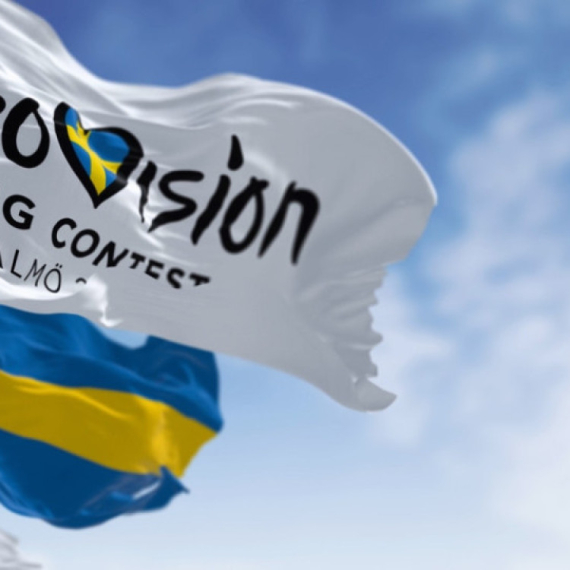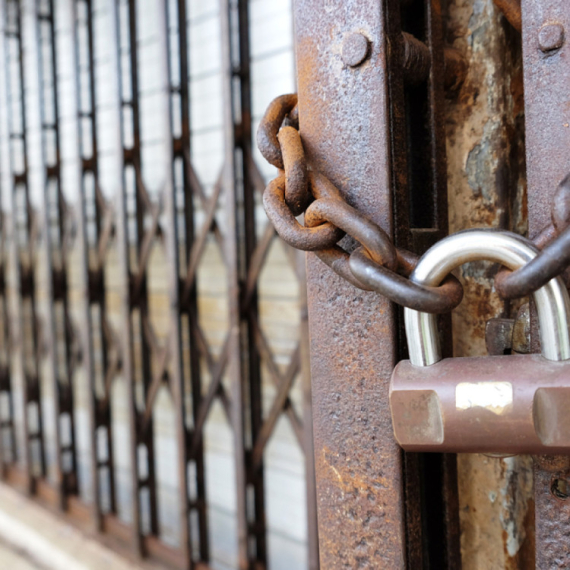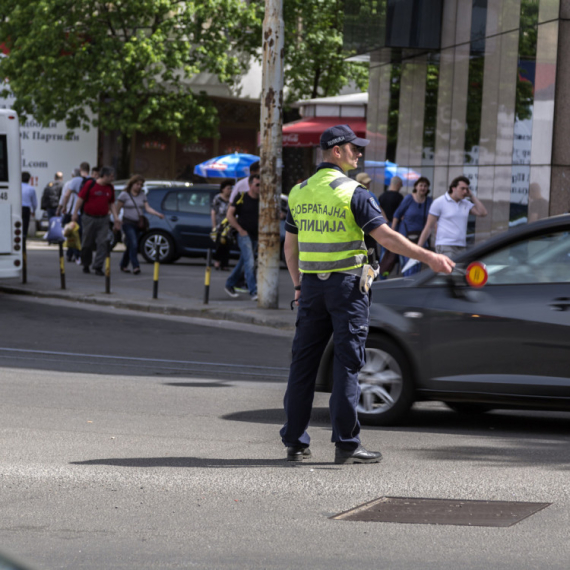"IMF deal needed to restore dinar stability"
The value of the dinar continues to fall as the domestic currency reached a new record low for the year.
Friday, 07.11.2008.
09:28

The value of the dinar continues to fall as the domestic currency reached a new record low for the year. The dinar has fallen another 1.11 percent, with the official exchange rate standing at RSD 86.7 to one euro. "IMF deal needed to restore dinar stability" The National Bank of Serbia (NBS) intervened with a further EUR 20mn on the inter-bank currency market yesterday to prevent an even greater fall. Nonetheless, NBS Governor Radovan Jelasic is certain that the situation on the domestic financial market will return to normal, which will be facilitated by an agreement with the IMF that he expects to be reached at the weekend. Jelasic stated that the agreement would not affect the dinar rate, stating that the government would decide on the agreement and that it would be made public. Speaking to B92, Economics Professor Dana Popovic said that she expected the IMF to force the government to cut spending and invest more. Popovic said that an agreement with the IMF was essential, and that it must not be jeopardized by the conflicting views on that institution within the government. “When you have the IMF on your side, you open a lot of doors, telling the IMF ’no’ is like telling the world ’no’,“ she said. “Now, I don’t think that the IMF carries more weight than domestic reformers, what’s most important is what’s going on inside a country, but if you can establish harmony between both sides, that’s very good. It seems to me that our government wants the IMF to support its decision, to give it more weight,“ the economist explained. Popovic said that inflation in Serbia was a result of high public sector salaries, warning that it was therefore necessary to impose controls on public expenditure. In an effort to cut public spending, the government decided yesterday that the presidents and board members of public companies would no longer be able to receive salaries higher than the average wage in Serbia. That means that salaries in these companies up to now, some of which have been up to several thousand euros per month, will now have to be brought into line with the average salary of EUR 400. The government denies that this smacks of political marketing, saying that is rather a sincere wish to help preserve macro-economic stability in the country. Radovan Jelasic (FoNet, archive)
"IMF deal needed to restore dinar stability"
The National Bank of Serbia (NBS) intervened with a further EUR 20mn on the inter-bank currency market yesterday to prevent an even greater fall.Nonetheless, NBS Governor Radovan Jelašić is certain that the situation on the domestic financial market will return to normal, which will be facilitated by an agreement with the IMF that he expects to be reached at the weekend.
Jelašić stated that the agreement would not affect the dinar rate, stating that the government would decide on the agreement and that it would be made public.
Speaking to B92, Economics Professor Dana Popović said that she expected the IMF to force the government to cut spending and invest more.
Popović said that an agreement with the IMF was essential, and that it must not be jeopardized by the conflicting views on that institution within the government.
“When you have the IMF on your side, you open a lot of doors, telling the IMF ’no’ is like telling the world ’no’,“ she said.
“Now, I don’t think that the IMF carries more weight than domestic reformers, what’s most important is what’s going on inside a country, but if you can establish harmony between both sides, that’s very good. It seems to me that our government wants the IMF to support its decision, to give it more weight,“ the economist explained.
Popović said that inflation in Serbia was a result of high public sector salaries, warning that it was therefore necessary to impose controls on public expenditure.
In an effort to cut public spending, the government decided yesterday that the presidents and board members of public companies would no longer be able to receive salaries higher than the average wage in Serbia.
That means that salaries in these companies up to now, some of which have been up to several thousand euros per month, will now have to be brought into line with the average salary of EUR 400.
The government denies that this smacks of political marketing, saying that is rather a sincere wish to help preserve macro-economic stability in the country.































Komentari 1
Pogledaj komentare